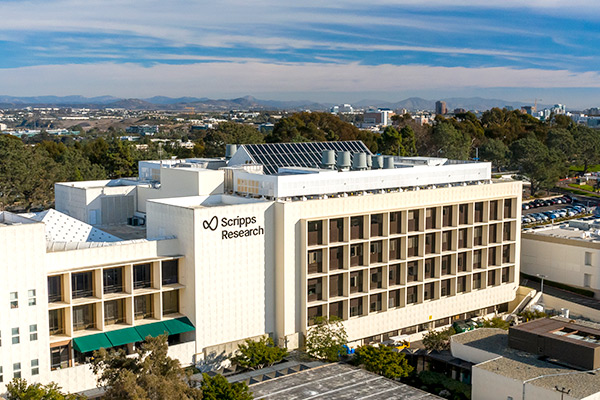Scholarship: Fully-funded
Degree: B.S./M.S./Ph.D
Nationality: International Students
Location: USA
Application deadlines: Open
Scholarship Description:
The brain’s internal sensory nervous system constantly monitors the activity status of the various visceral organs to produce our visceral sensations, such as satiety, hunger, nausea, heart palpitations, bladder tension, visceral pain, and so on. However, little is known about the neural mechanisms of how signals from the visceral organs are detected by the nervous system, processed in the brain and ultimately produce our visceral sensations and corresponding behavioural and physiological changes.
We have developed a new two-photon calcium imaging system of the mouse brainstem that allows us, for the first time, to detect the response of thousands of neurons to different visceral stimuli. This background in systems neuroscience and the ability to make large-scale in vivo recordings has opened up new directions and ideas for the study of the entorhinal system. In the future, we hope to continue to take advantage of existing technology to systematically investigate how the physical and chemical signals from the viscera are detected by the peripheral nervous system, transmitted to the brain, and progressively processed by multi-layered neural networks to ultimately generate our perception of the viscera and drive the animals to perform the corresponding behaviours.
We believe that our future research results will not only elucidate the mechanisms of visceral sensation generation, but also provide solutions to clinical problems that may be mediated or regulated by the autonomic nervous system, such as asthma, cough, nausea, obesity, hypertension, diabetes mellitus, eating disorders, sleep apnoea, and visceral pain, etc. We hope that our research will help us to understand the mechanisms of visceral sensation. It is expected that based on our research, the internal sensory nervous system will also join the traditional experimental paradigms of vision, olfaction and somatosensation in providing answers to our understanding of the neural principles of
Available Subjects:
- Neural mechanisms of somatic sensation and nociception
Eligibility criteria:
- Postdoctoral students: Please send your CV (including research background), research interests and contact details of 3 referees to Ran Chen ([email protected]).
- PhD students: please apply to the Institute’s Graduate Programme (https://education.scripps.edu/graduate/doctoral-program/)
- Research assistants: please send your CV (including research background) and contact information of 2 referees to Ran Chen ([email protected])
Application Procedure:
Interested students should send their CVs to [email protected].
